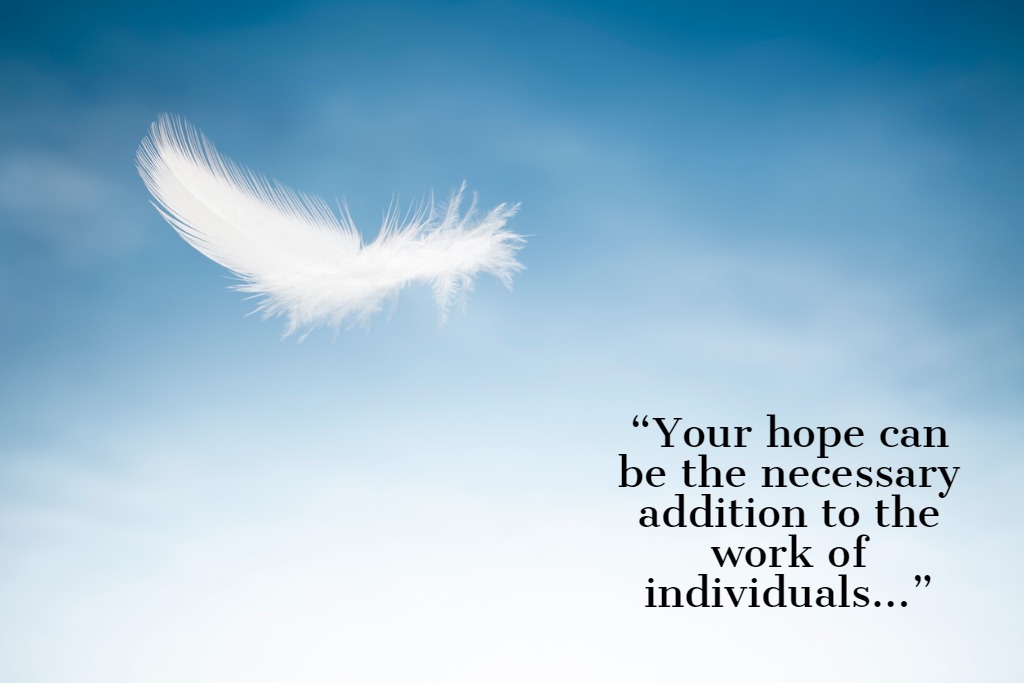Spring is a season of hope.
In her timeless, 1860’s poem, ‘“Hope” is the thing with feathers’, Emily Dickinson captured the essence of a powerful predictor of psychological coping and well-being in poetry during a difficult time in her life. The first stanza, “Hope” is the thing with feathers – That perches in the soul – And sings the tune without the words – And never stops – at all – reminds us that hope remains, however light a grasp we have upon it at any given time. A more recent theory of hope describes the hopeful individual’s motivated goal setting and pursuit, with an expectation that they will be able to achieve what they believe is possible.

During life’s easier and more pleasant moments, hope is easy to muster and sustain as goals are set. Yet, it is in the more difficult and burdensome times of life that hope rapidly becomes the beneficial buoy in the face of adversity. For many Ontarians, hope has been buffeted by the experience of three long years of pandemic impacts on their sense of agency in goal setting. Some attempt to hold tight to hope in the face of significant mental or physical health concerns. Hope, itself, is a goal worth pursuing as individuals with it have better outcomes psychologically and physically during difficult times.
Research findings highlight the importance of a Psychologist’s or Psychological Associate’s hope in therapeutic settings, where it is a likely predictor of outcomes. It is often the hope that you bring into your professional settings that contributes to positive shifts in a client’s distress, or ability to hold onto their own waning sense of hopefulness. Your hope can be the necessary addition to the work of individuals seeking to build meaning in the context of significant unknowns and life stressors.
At the College, there is also the opportunity to bring hope to the discussions of all issues, both lighter and more burdensome in nature, as we work to fulfill the vision to bring excellence to the regulation of the profession in service of the public interest. Council members, our new Registrar, and staff recently began the process of penning a new strategic plan for the College; one that identifies goals about who we, as a psychology and applied behaviour analysis regulator, aspire to be in the next five years. At times in this endeavor, my hope has been raised by the words of my colleagues at the College, just as I imagine yours can be when you engage in goal setting with peers in the community.
If hope is associated with improved coping and well-being even in challenging contexts, I want to encourage each of you to nourish this state in yourselves and others. In the months ahead, take on the role of hope ambassadors at a time when many around you will benefit from your efforts to do so.
Remaining hopeful….
Wanda Towers, Ph.D., C.Psych.
President